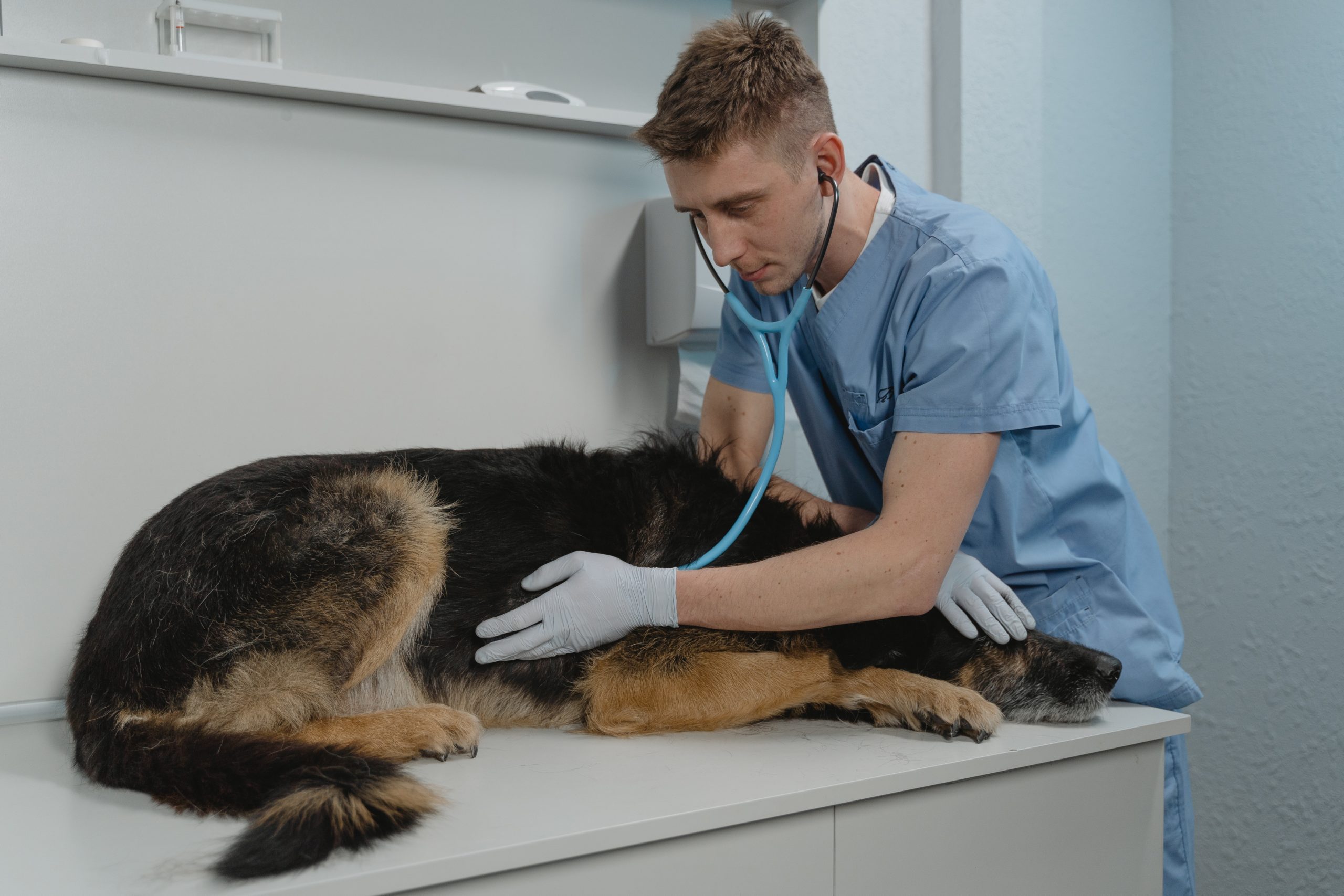3 Ways to Network as a Veterinary Assistant
Creating a network in the Veterinary Industry is a must to succeed and advance in the industry. In order to learn about the ever-changing concepts and techniques used to treat our patients, there are different resources that can help you stay in the know.
Below are three different ways to network and advance your career as a veterinary assistant—a field that is driven by both communicative and technological updates.
Social Media
Social media is written off as a platform that should be avoided in professional environments. If utilized correctly, however, social media can help connect with other professionals in the field. LinkedIn is an excellent example of the power of social media.
LinkedIn is a career-oriented social media site that offers a professional standard for networking. This platform has a daily feed that updates based on who you follow, and it lists your career interests and accomplishments. Your resume and cover letter are built into your account, so that anyone that stumbles into your profile has access to your work and academic experience.
Another essential factor in cultivating a network is to seek out continuing education. By attending events and keeping abreast with education, not only can you meet new people and learn about their experiences and skills, but you can also showcase your experience and your skills.
Social media can be educational, especially when you focus on your information channels. There are a multitude of free educational resources available, and long-form academic writing is perceived well online. A simple blog post about your experience in the field can be a great first step to making a connection.
Volunteering
Volunteering for different committees in the veterinary industry can also put you in direct contact with other people who have the same interests for the exact cause of keeping pets healthy. One great way to take advantage of this is volunteering through the American Veterinary Medical Association. They offer different types of committees that range from education to international veterinary affairs, which can grow your network. Networking also does not have to be local. There are also global networking opportunities such as World Small Animal Veterinary Association that bring together people in the veterinary industry worldwide.
All of these suggestions may seem unachievable with a limited amount of free time; however, you do not need to spend too much time networking to make an impact. Networking does not have to be a full-time job. It can be as little as five minutes a day and will become a lot easier once it is a part of your daily routine.
Some small things that can be done that do not take much time are things such as recognition for someone in the field on your social media, asking a new professional that you met out to lunch, or reaching out to mentors. Slowly but surely, your network will expand. You just need to put in the initial effort to reap the rewards!
Job Hunting
Networking and job hunting can go hand in hand. Some tips when job hunting are to reach out to places of interest with a cover letter and a resume even if they are not advertising that they are hiring. If the company is not currently hiring, they may keep your resume on file for the future. They may also pass your information along to another company that is hiring, as word-of-mouth is still one of the best methods of communication.
Another hunting tip is if you find a job that you are interested in but you do not meet all of the requirements, apply anyway! I have found that some job posts want a certain amount of years of experience; however, if you and your experience and goals match the company, they are willing to make exceptions. It will not hurt to try, and the worst thing that may come out of it is that you do not get a callback.
Remember, a job description depicts the ideal candidate, not the minimum requirements. If you are stronger in a specific job requirement, be transparent and show a dedication to improve.
Lastly, make sure you have an up-to-date resume that is professional and shows your skills and what you can bring to the company. Dress attire should always be professional for interviews, including dress pants and a dress shirt unless you have a working interview. Ensure that you are on time for the interview, even leaving early to make sure you are not late in case of events such as traffic. Ultimately, networking and job hunting go hand in hand. By meeting new people, it will expand your education and open the door for your future.













